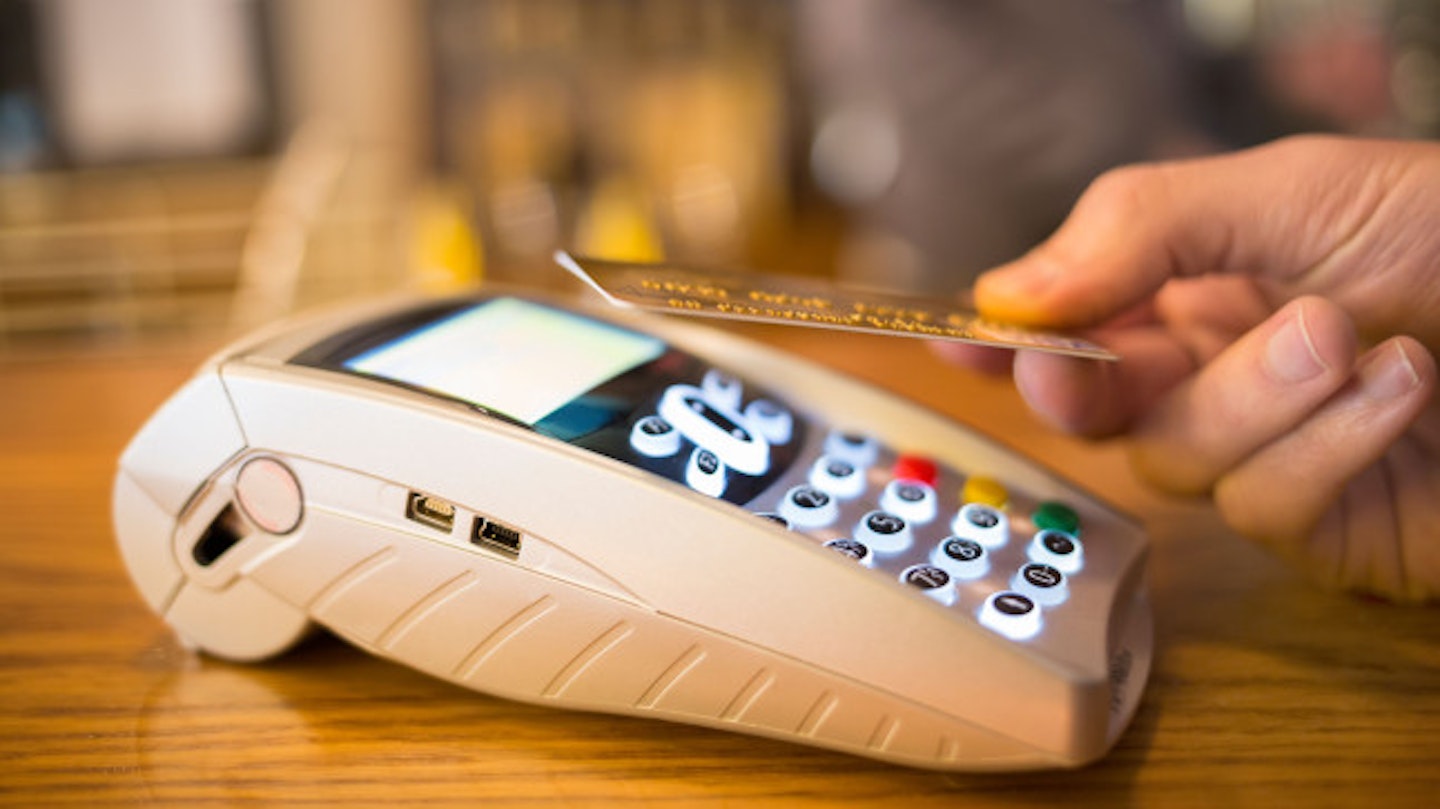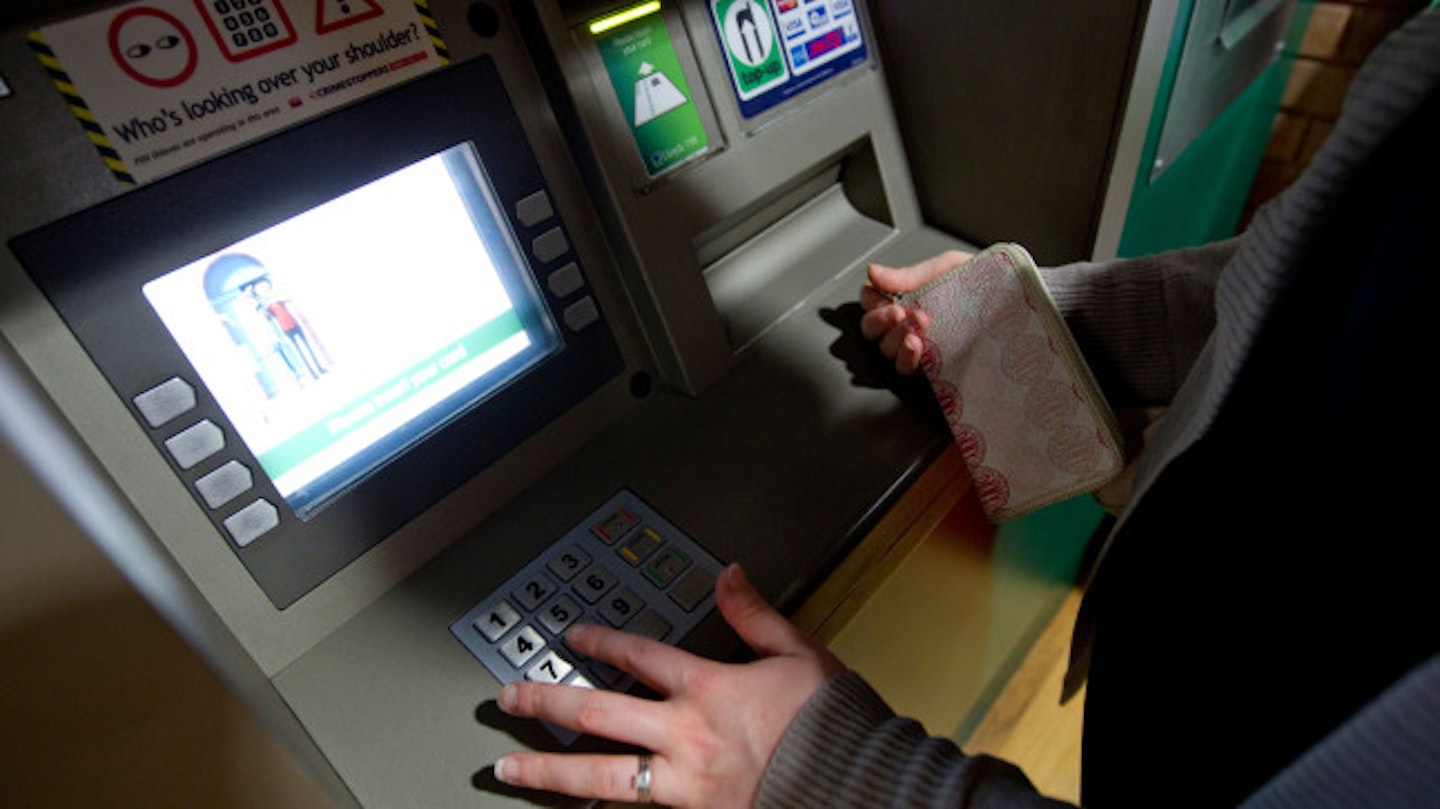Cash is no longer king as we’ve come to rely on the convenience of paying with plastic. But credit card cloning is a very real threat to your personal information and financial security.
According to The UK Cards Association, credit card fraud cost the UK over £328m in 2014. Almost half the losses were from skimmed or cloned cards.
Mark Bowerman from Financial Fraud Action UK, says: "Don't be a fraud statistic. If you follow recommended fraud prevention advice - such as never telling anyone your PIN or your passwords - you are minimising your chances of falling prey to a fraudster."
Here’s our closer guide to avoiding the skimmers.
Credit card cloning: how it’s done
A cloning or skimming device is very difficult to spot – particularly if it’s attached to the payment machine or ATM you’re using.
Skimming devices record the information from the magnetic strip on your card which can programmed onto a new card or used for online shopping.

Of course, the fraudsters need your PIN number to complete the scam. So covering your pin is the first step to preventing fraud.
Supermarkets, restaurants and shops aren’t the only targets. Some sophisticated criminals fit skimming devices to ATMs, gasoline pumps and public-use computers.
More often than not, the device has been carefully concealed. But you can follow some basic steps to avoid becoming a fraud statistic.
Credit card cloning: how to avoid it
The first step is obvious – never let anyone see you enter your PIN. Don’t write it down. And don’t give it to anyone else!
Destroy all documents from banks and credit card companies that contain your PIN and personal information.
Register you cards with protection apps like Verified by Visa and MasterCard SecureCode.
Avoid using standalone ATMs or those in secluded outdoor areas. Check for obvious signs of tampering – different materials, colours and graphics that don’t appear original. If in doubt, move on.

Skimmers pick up your details from the reader. You can trick the skimmer into a false reading by giving your card a little wiggle as you insert it and take it out. Your transaction will go ahead but you may just foil the scam.
Only shop at secure websites and on computers with up-to-date anti-virus software.
Don’t make financial transactions on shared or public computers.
Disable the NFC function on your smartphone when you’re not using it. All devices have the potential to be hacked so consider which Wi-Fi network you’re on too.
Credit card cloning: how to deal with skimming when it happens
Inform your bank or credit card company immediately. UK cardholders are not financially liable for the cost. But you don’t want the inconvenience of dealing with the incident and being without your plastic until the account is re-set.
If a crime has been committed with the fraud – such as your wallet or phone being stolen – report the theft to police. You also need to make a police report for household or travel insurance claims.
A few simple precautions mean you don’t need to lose faith in your plastic – just remember that fraud can happen to you and take care with your credit.
